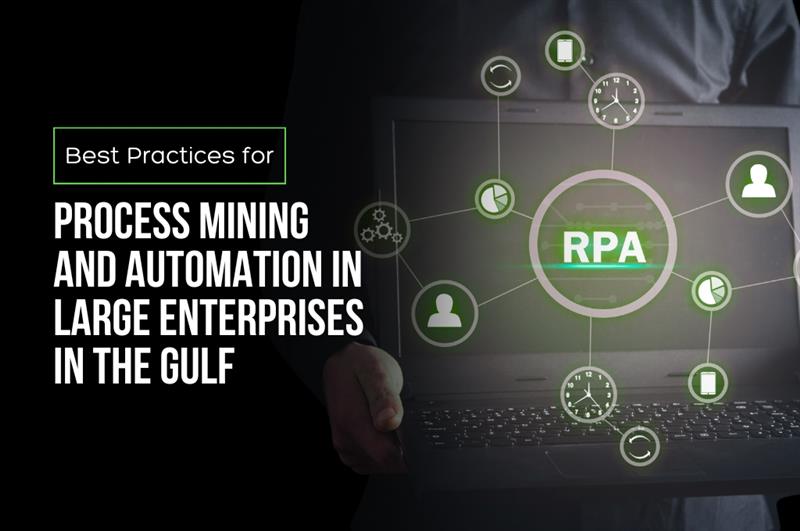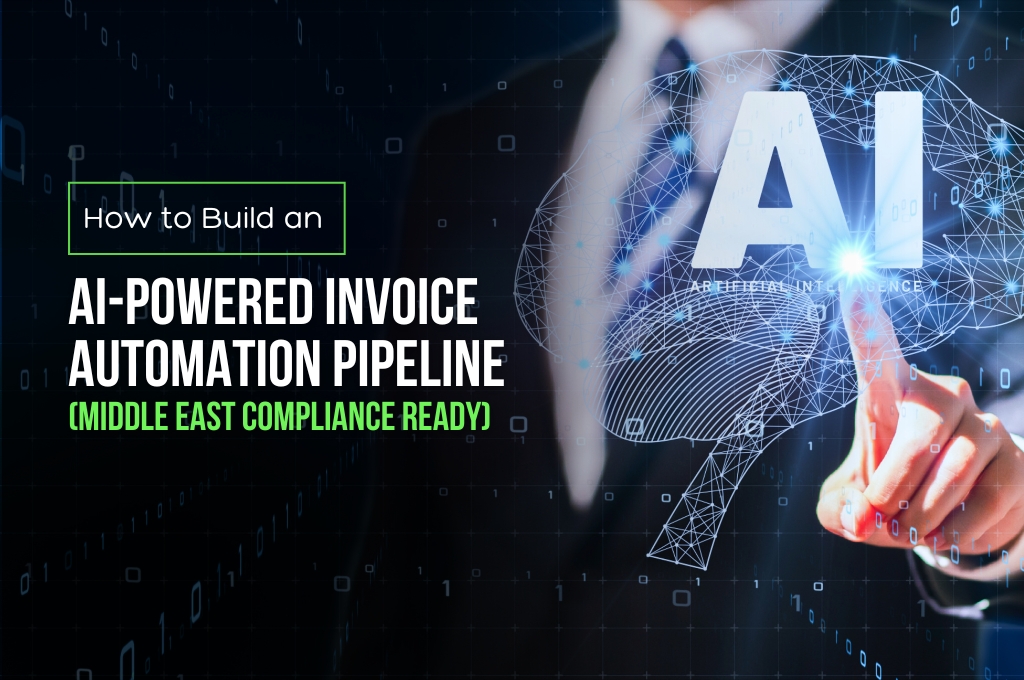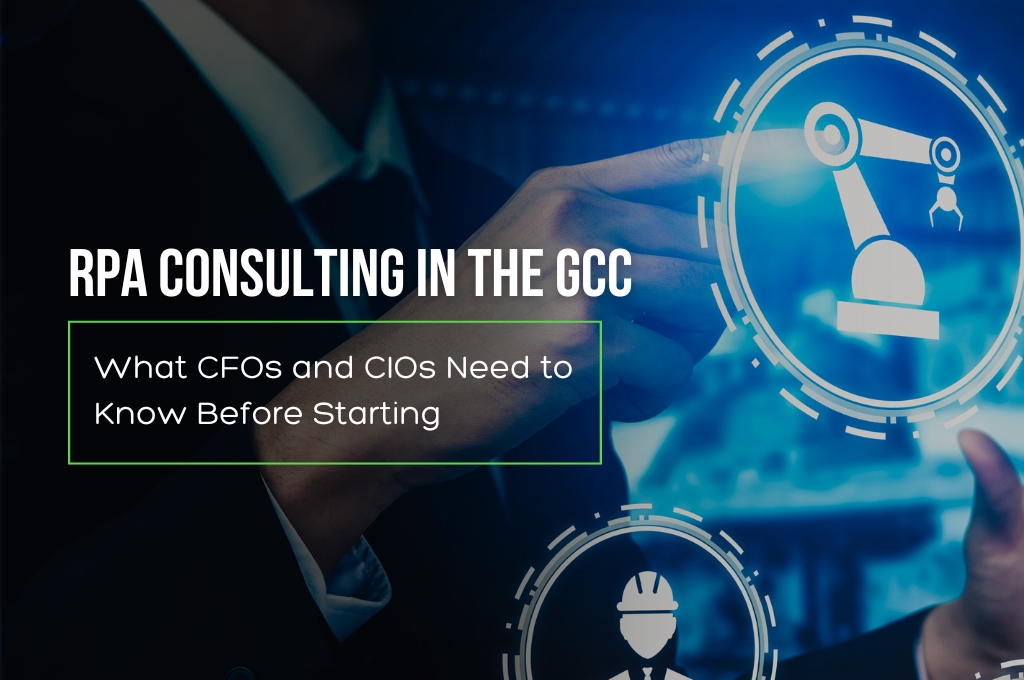Security consideration is critical for any organization while adding or implementing any new stuff to the IT landscape, either these are any customizable tools – CRMS, ERPS etc or applications developed on any technology platform.
Digitalization
Digitalization is an ongoing need of any enterprise of any size small to medium to big because it adds huge value by reducing human error by improving output results quality, increased availability, unmatched capability of processing etc however for all this pre-requisite is security from any kind of vulnerability.
In this blog we highlight some aspects of security consideration during process automation (RPA) but before jumping on those aspects, let’s discuss what does RPA do primarily? Example Handling data and performing rule based repetitive activities, so if these actions are performed securely then process automation should get secured in the first go?
- Right stakeholder’s engagement: Operations and infrastructure are the foundation of any enterprise, so its essential delivery team engages right stakeholders from infrastructure along with the security team. Early discussions and freezing the infra setup helps to set the course of “right first time”. Any breach at this stage can cost dear during the RPA implementation journey. So it’s essential that a secure framework is coined for each infrastructure layer and responsibilities are clearly defined and agreed.
- Access Exposure: RPA will interface at multiple levels viz data input – through any UI or input files or fetching data using APIs or databases or network files etc and data output – output network stored files or data writing in database/s. Access to these must be least or mandatory only so that no other area is accessed by RPA. Only mandatory roles/ credentials are assigned and reviewed from time to time.
- Clarity is key: Even the error logs or audit logs access must be restricted in a secured manner to designated operations/delivery teams. Exception handling and error/ audit logging require clarity of identifier of its origin hence essential to have unique bot nomenclature along with code sections/blocks name.
- Authentication/ authorization: multi-factor authentication is implemented along with correct role/ privileges to the right stakeholders.
- Sessions management: session management is efficient, along with token usage & expiration. Best is that each session is handled to closure to avoid hijacking/ session fixation
- Last but not least: All policies and agreements with internal and external stakeholders should be well documented and distributed to accountable teams/stakeholders.
There can be other aspects too, which are considered from one environment to another. Predikly team is well equipped with a proven track record of successful RPA implementation across USA, Canada, Europe and Asian region for many customers/ partners.
Partner with us to craft a new success story together, meeting business goals smartly.




